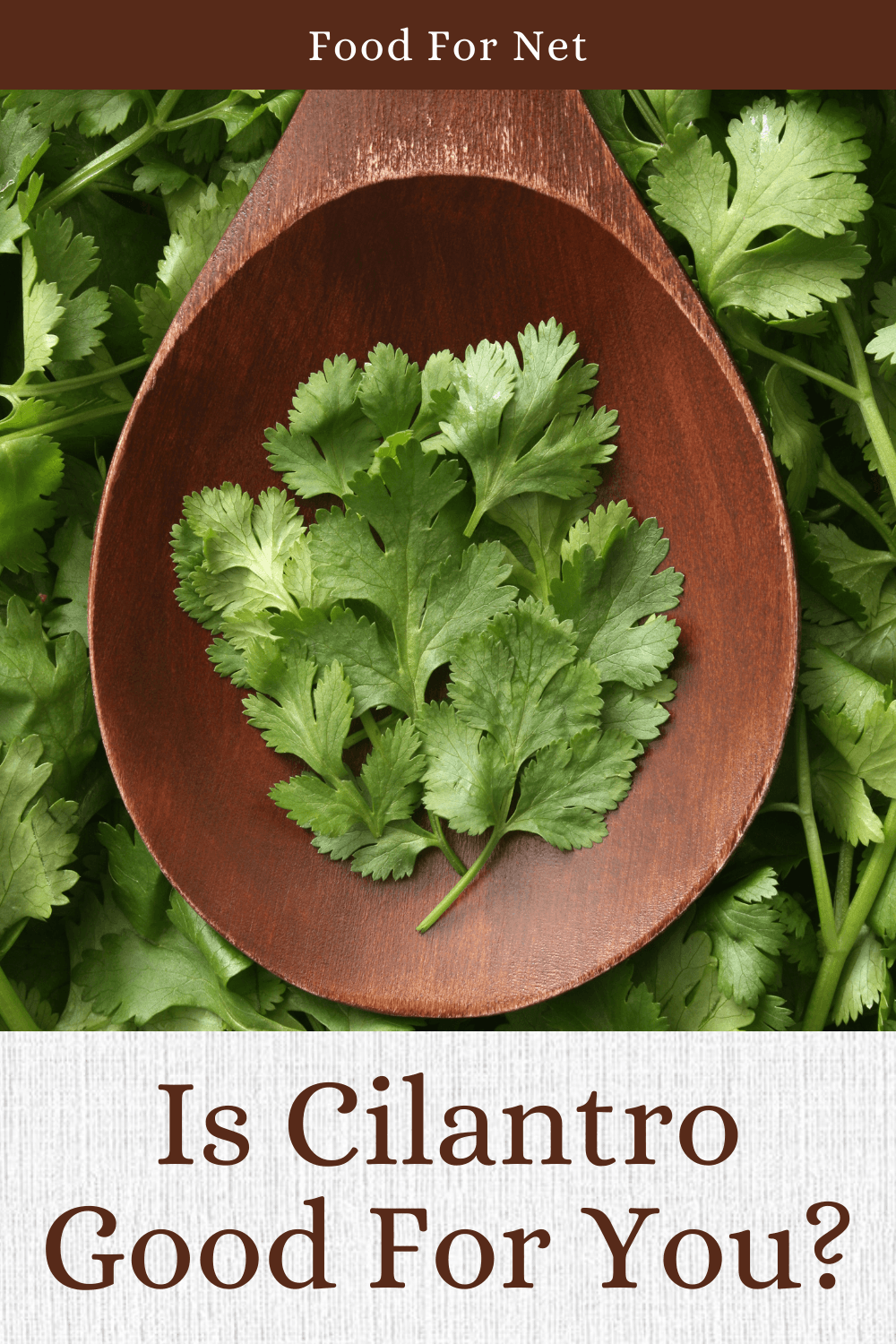
Cilantro is a surprisingly controversial herb that features in many dishes and comes from the species Coriandrum sativum. Most of the controversy comes from cilantro’s flavor, as some people love it, while others say that the herb tastes like soap. That flavor is even enough to ruin many dishes. But is cilantro good for you, regardless of whether you love it or hate it?
There’s little debate about the health benefits though. Like most herbs, cilantro can help with your health in various ways. Cilantro is also used in many delicious and healthy meals, often with other herbs and spices at the same time. Basil, garlic, lime, and onions all work well with the herb.
Of course, there are some risks to think about as well, hence the question – is cilantro good for you?
Before we dig into the specifics, we need to say a little something about the name of the plant. If you’re in the United States, you might use the term cilantro for the stems and the leaves of this plant, while calling the seeds coriander instead. In other parts of the world, the term coriander is always used.
For this discussion, we’ll take the American approach and say cilantro when we talk about the leaves and stems of the herb, and coriander if we’re talking about the seeds instead.
Is Cilantro Good For You?
- Benefits Of Cilantro
- How Cilantro Could Be Harmful
- Does Cilantro Taste Like Soap?
- What About Cilantro Extracts And Supplements?
- Cilantro Vs Coriander Seeds
- Is Cilantro Tea Healthy?
- Final Thoughts
Benefits Of Cilantro
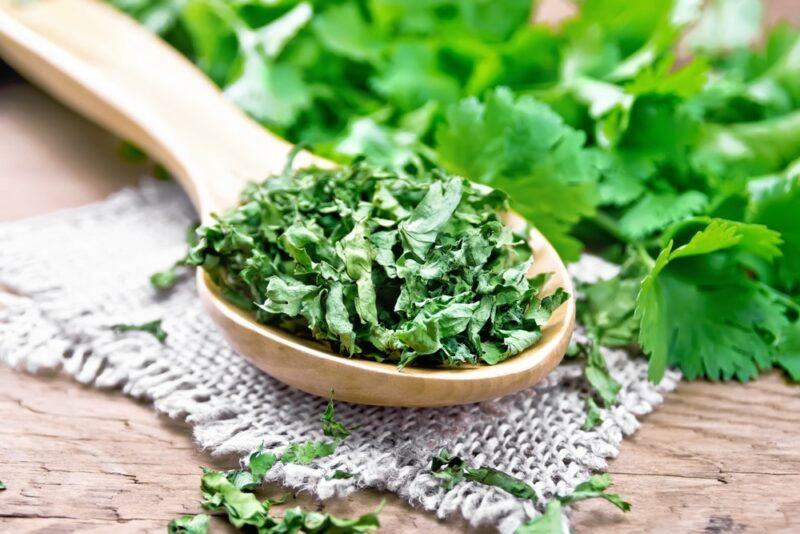
A Rich Source Of Antioxidants
Antioxidants aren’t only found in brightly colored fruits and vegetables, they’re also common in herbs and spices. Antioxidants are famous for doing what their name suggests – helping to decrease oxidation throughout your body.
Specifically, they prevent dangerous oxidation that could damage your cells or DNA and increase the risk of disease. For coriander, the flavonoid quercetin is one of the antioxidant superstars and this compound has been linked to many benefits.
Antioxidants don’t just decrease oxidation. They have other impacts on the body too. One of these is the ability to lower inflammation. This is a powerful effect, as chronic inflammation can significantly increase the risk of disease and may be damaging for your health.
By helping with your oxidation and inflammation levels, cilantro could help to protect you and keep you healthy. Use other antioxidant rich foods at the same time and you should see many benefits.
Can Promote Heart Health
Heart disease continues to be one of the leading causes of death, but the risk can be reduced dramatically by following a healthy diet and lifestyle. Doing so involves more than just exercising regularly and avoiding saturated fat.
Getting healthy ingredients into your diet matters too. Cilantro may be particularly important here, as some of the antioxidants can help to decrease heart disease risk factors.
Cilantro extract has even been linked to reduced blood clotting and extracts from the seeds may also help with your blood pressure. While those effects are linked to extracts, rather than fresh cilantro, you might still see some of the benefits by using the herb instead.
May Help To Remove Heavy Metals
Cilantro is sometimes promoted as a detox aid, one that can help to remove heavy metals from throughout your body. This idea sounds like little more than detox hype, but there’s actually some scientific evidence for it.
This effect doesn’t mean that you should consume large amounts of cilantro in an attempt to cleanse your body. You’ll see more benefits by using cilantro in your meals regularly. Taking this type of slow and steady approach also reduces the risk of any side effects from too much cilantro.
Helps With Anxiety
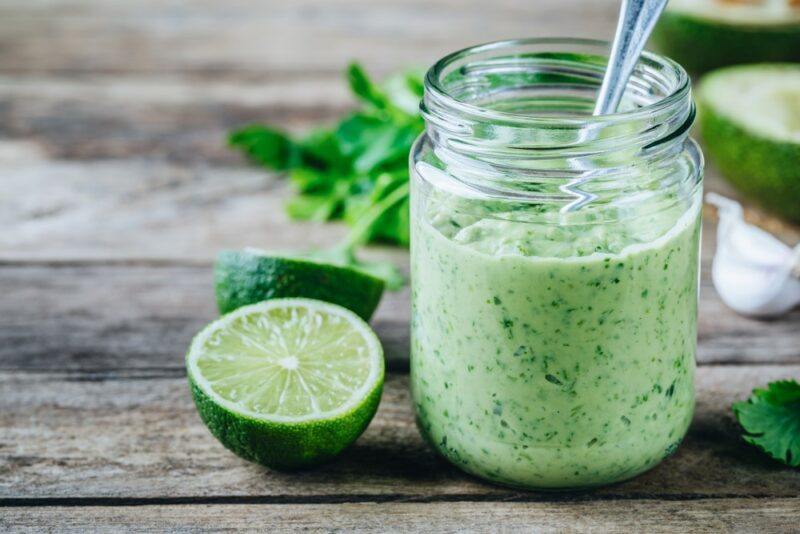
Coriander has natural sedative properties, so it may help to decrease anxiety. Research on this topic has focused on high amounts of cilantro extract and found that the extract was as powerful as valium for decreasing anxiety. This is an amazing outcome, as valium comes with many side effects that you simply don’t find with coriander extract.
What about the herb itself then?
The effects of cilantro itself on anxiety haven’t been studied as much. However, cilantro is likely to still have some anti-anxiety effects. These might be weaker than you find with the extract, but still strong enough to be noticeable.
Besides, a subtle anti-anxiety effect might be more relevant than a strong one anyway. Perhaps adding cilantro into your meals regularly is enough to slightly decrease your overall levels of anxiety and make life a little easier for you.
Low In FODMAPs
FODMAPs are a collection of carbs that can ferment in our gut. They’re not an issue for most people, but those with irritable bowel syndrome or some other digestive challenges can experience considerable problems from FODMAPs.
If you are sensitive, cutting down your FODMAP intake may help to decrease your symptoms. Cilantro is an easy choice here, as it’s naturally low in FODMAPs. This is great news, as cilantro provides plenty of flavor and helps to keep your meals interesting. That said, you will need to watch the other ingredients in your recipe. Cilantro is often paired with garlic and onions, which are both sources of FODMAPs.
Lowers Blood Sugar Levels
Some animal studies have found a link between cilantro and decreased blood sugar levels. The herb may be particularly important for anyone with diabetes, helping to keep blood sugar levels stable.
While more research is needed (isn’t that always the case), there’s enough evidence to suggest that cilantro is worth trying for yourself. The herb has a long history of safe use in food anyway, so there’s little risk in starting to eat a little more of it.
Has Antibiotic Properties
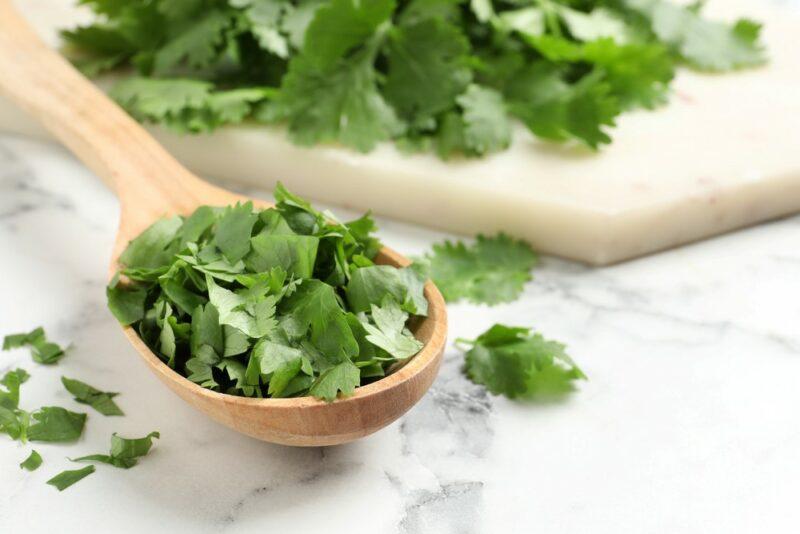
Like parsley, cilantro has some antibacterial effects. Such effects could help to fight infections in your body or reduce the risk of foodborne illness.
The antibacterial properties come from a compound called dodecenal. This is particularly prevalent in coriander seeds and the associated extract, but you can find it in the leaves of the plant as well.
Could Offer Other Benefits Too
We’ve covered a decent array of cilantro benefits thus far and there are still plenty of other interesting ones. For example, cilantro is sometimes thought to help reduce nausea. Some of the antibacterial compounds in cilantro could be relevant for decreasing the risk of urinary tract infections.
Cilantro might help with your digestive system too, by promoting enzymes that decrease indigestion and heartburn. There’s also evidence that it helps with menstrual function, helping to keep cycles regular and also reducing the amount of bloating and pain.
Research into these benefits and others is still in its early stages. There’s plenty that we don’t know, but such is the way with nutrition. Food is complex to begin with, as is human health. It’s not surprising that we’re still discovering all the ways that what we eat influences our health.
How Cilantro Could Be Harmful
Allergic Reactions
While cilantro is commonly used and is generally safe, it can cause allergic reactions. In particular, if you’re allergic to other herbs, like fennel, dill, or caraway, you might be allergic to cilantro too.
Cilantro allergies tend to be mild, so even if you are allergic to cilantro, you’re unlikely to experience full anaphylaxis.
Might Decrease Blood Clotting
Cilantro may be a problem before surgery or for anyone with a bleeding disorder, as it may slow blood clotting, especially if you’re consuming a large amount of the herb.
Eating too much cilantro can also decrease the effects of blood thinning medications due to the vitamin K that it contains. Thankfully, this isn’t a problem if you’re treating cilantro like an herb, as the vitamin K per serving is relatively low. However, if you’re using large amounts at a time, the vitamin K levels can quickly become a problem.
Susceptible to Contamination
It’s easy to assume that fresh herbs are safe. Yet, in practice, they can easily be contaminated with bacteria from the soil.
This contamination isn’t such a problem if you’re cooking with the herbs, as the heat of cooking should be enough to kill any bacteria. But, sometimes you use herbs raw instead, like including it on top of a pizza or in a fresh dip.
Most of the time you can avoid problems by carefully washing your herbs before using them. Doing so takes a little time, especially as fresh herbs are delicate. Still, the process helps you avoid getting sick, so it’s well worth the time.
Could Be Dangerous In High Doses
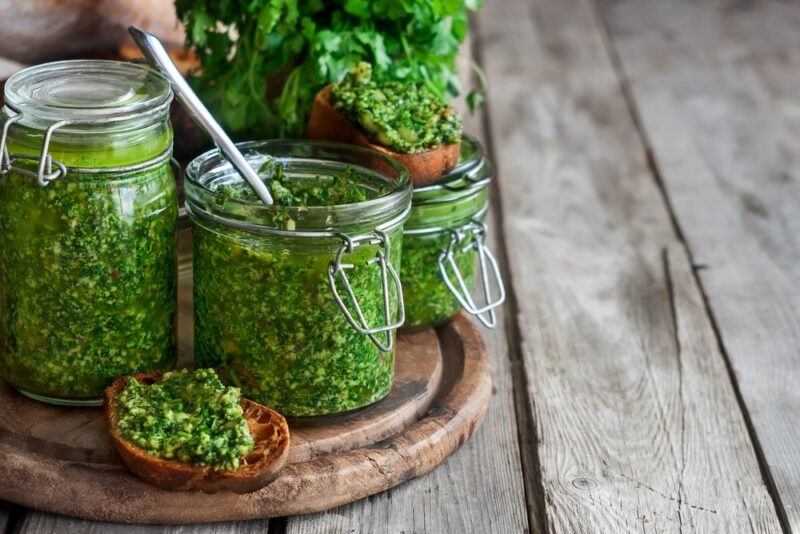
Cilantro has a long history as an herb and an ingredient, so we know that food amounts of cilantro should be safe for most people. The same can’t be said about using large amounts of cilantro as medicine – the research simply hasn’t been done.
Any negative effects from high doses could be subtle and may take some time to show. This means it’s always important to be very cautious. If you do plan to use large doses, monitor your reactions carefully and stop immediately if you see any side effects.
Honestly though, you get plenty of benefits from using food quantities of cilantro. There’s no need to increase your intake beyond this.
Does Cilantro Taste Like Soap?
Cilantro is an incredibly divisive herb, an effect that mostly comes down to genetics. Some people find that cilantro has a delicious citrus-like flavor, while others think that cilantro tastes like soap instead and ruins most dishes.
Interestingly, those who hate cilantro aren’t being picky. People who hate the taste of cilantro appear to have a cluster of genes that influence how the herb smells and tastes to them.
You might be able to overcome this distaste for cilantro by eating small amounts of it regularly. Or you could simply give cilantro a hard pass. Most cilantro-heavy recipes taste just as good if leave the cilantro out or use parsley instead.
What About Cilantro Extracts And Supplements?
Cilantro itself isn’t your only way to get the benefits we’ve been talking about today. You could also turn to cilantro supplements or cilantro extracts. Some of these rely on cilantro leaves, while others are made using the seeds instead.
Regardless of the type, extracts and supplements provide you with a more concentrated source of beneficial compounds than cilantro itself. Plus, you’re avoiding the flavor of cilantro, which is useful if you think that the herb tastes like soap.
It’s not all good news though.
Extracts and supplements don’t have the same long history of safe use that you see with fresh herbs. Plus, the supplement industry isn’t well-regulated, so there’s the risk that the product you’re using doesn’t match the claims on the label.
If you are going to try a supplement, it’s best to start slowly and pay close attention to any side effects. After all, you want the product to improve your health, rather than putting you at risk.
Cilantro Vs Coriander Seeds
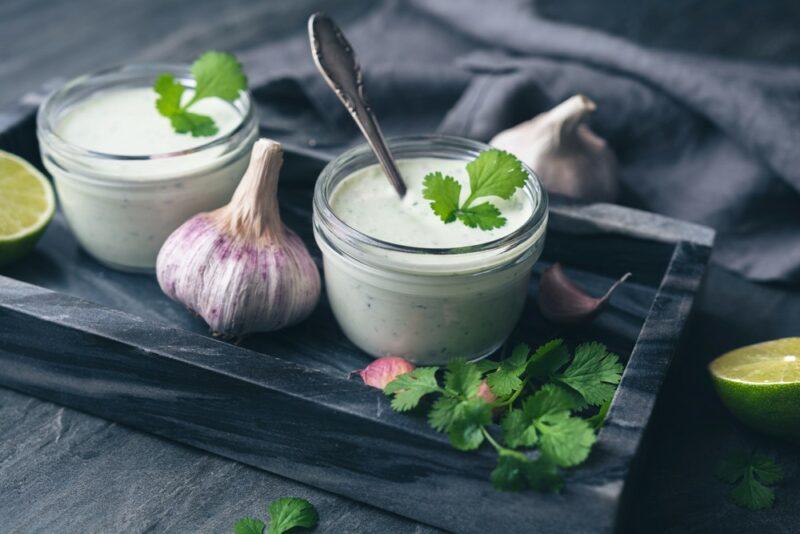
The seeds and leaves from the cilantro plant taste very different from one another. In particular, the cilantro herb has a bright and citrusy flavor that many people enjoy, while the seeds tend to be spicy and nutty.
With such differences, it’s not surprising that cilantro and coriander feature in different recipes. You’ll often see the seeds used in soups, stews, and curries – heavy meals that work nicely with the nuttiness of the seeds.
Cilantro, on the other hand, features more often in light dishes, including salsa and guacamole. You’ll often see it paired with lime to bring even more vibrancy to your meal.
There are nutritional differences too, with cilantro offering more vitamins, while coriander is mineral rich instead. Nevertheless, many of the plant-based compounds are the same, so the benefits that we discussed earlier will often apply to all parts of the plant.
Is Cilantro Tea Healthy?
Cilantro tea is an easy and refreshing herbal tea. It’s simply made by adding cilantro into a cup of boiled water, then allowing it to steep for a while. You can use fresh or dried cilantro, but if you use the dried version, you’ll need a tea leaf infuser so that the little leaves don’t get everywhere.
You end up with a mild tea, so some people choose to add lemon juice, lime juice, or perhaps some honey to make it more interesting.
The tea is a fantastic way to hydrate and should also provide some of the benefits that you see with fresh cilantro. However, you’re not actually eating the cilantro leaves, so you won’t get all the nutrients and the antioxidants that the leaves contain.
Still, it’s important to be cautious with how often you drink the tea. While herbal teas are mostly water, their health effects can still add up. As such, having a cup of cilantro tea every so often should be good for you, but drinking multiple cups per day for weeks could easily be harmful.
Final Thoughts
Cilantro is only controversial because of how the herb tastes. In every other way, it’s a powerful ingredient, one that could offer many health benefits and comes with few risks.
The biggest issue is contamination, which is easily avoided by focusing on fresh cilantro and washing it before you use it. You should also stick to food quantities of the herb, rather than turning to high doses or supplements.
After all, the safety of high doses hasn’t been proven and you probably won’t get many extra health benefits anyway. Why risk it?
Frequently Asked Questions
What Does Cilantro Taste Like?
Cilantro resembles a combination of citrus and parsley. As such, it’s a bright and vibrant flavor that works well with many different foods. But, this isn’t true for everyone. Some people find that cilantro tastes like soap instead.
Those that experience a soap-like flavor aren’t being picky – the herb does genuinely taste like soap to them. The difference is due to genetics. If you’re in the latter camp, then it’s best to ditch cilantro and choose a different herb instead.
Are Coriander And Cilantro The Same Thing?
Cilantro and coriander come from the same plant. If you’re in the United States, the term cilantro refers to the leaves and stem of the herb, while coriander is the name for the seeds. If you’re in the United Kingdom or some other parts of the world, the word coriander refers to the fresh plant as well.
Is Cilantro Spicy?
Fresh cilantro isn’t spicy at all. Instead, it has a fresh and citrusy flavor, with a touch of sweetness. Cilantro seeds (also called coriander) are a different story. These are warmer and spicier, which is why they’re commonly used in curries.
Can You Eat Cilantro Stems?
The whole cilantro plant is edible, including the stems. Cilantro stems are also surprisingly tender, so you can cut them up and use them in your recipes just like you can with cilantro leaves.
What Is Cilantro Used For?
Cilantro is most often used in cooking, as it provides vibrancy to many meals. You’ll even see it included in dishes like salsa and chutney, as it helps to bring these to life. In fact, cilantro leaves are an excellent garnish for almost any dish that you can imagine.

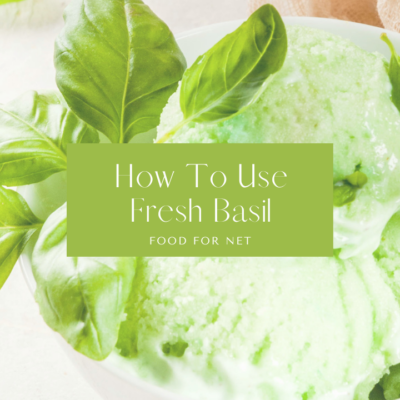

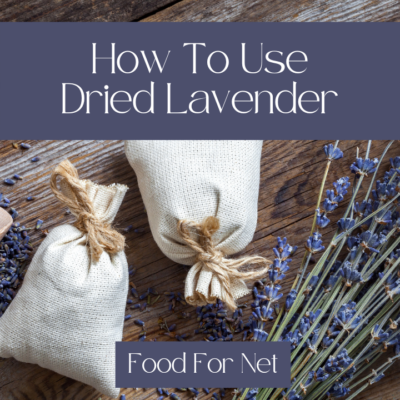
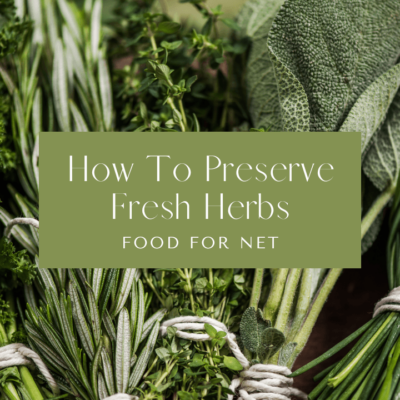
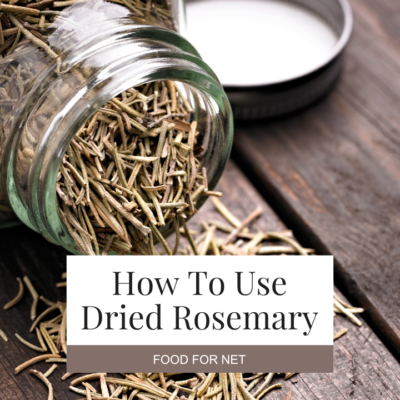
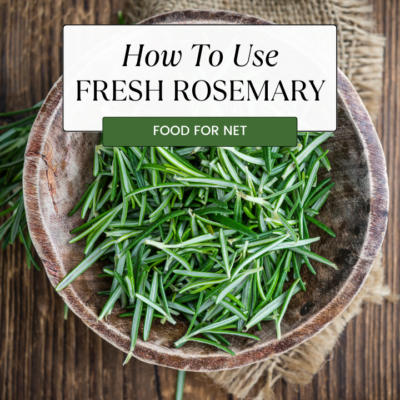

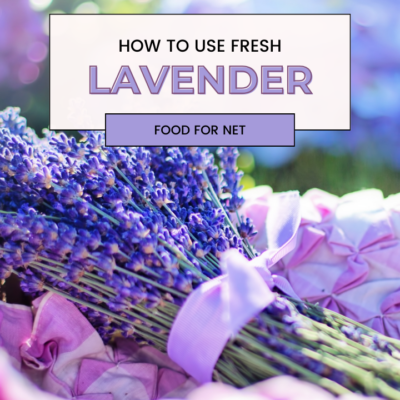

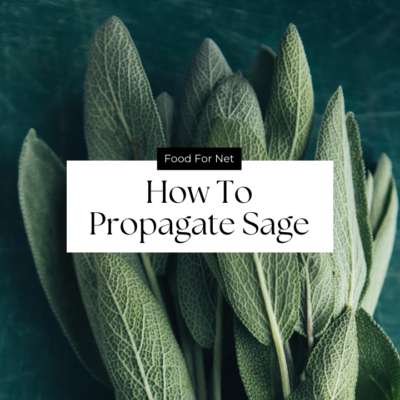

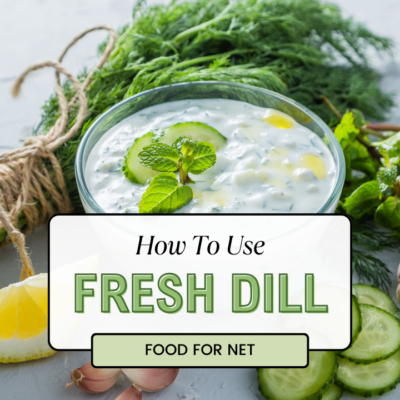

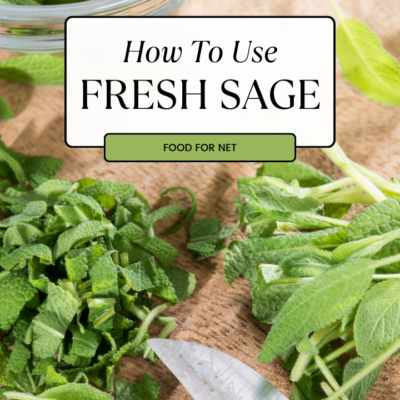
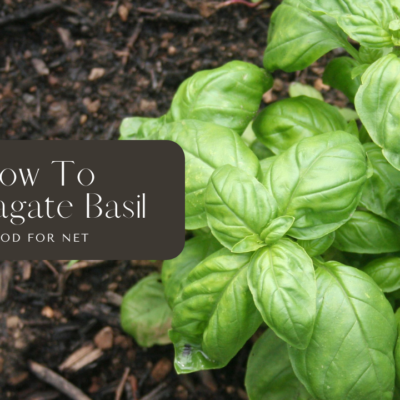
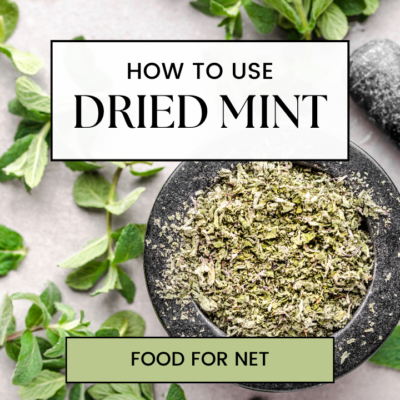
 Is Filtered Water Good For You?
Is Filtered Water Good For You?
Leave a Reply